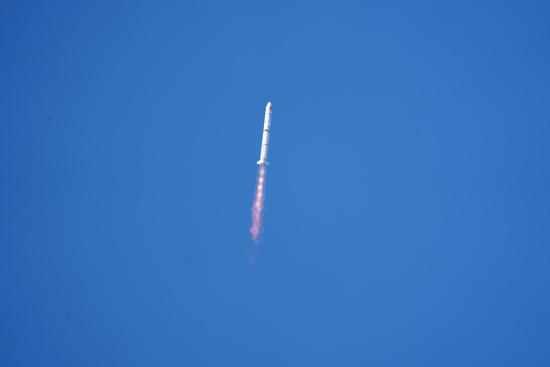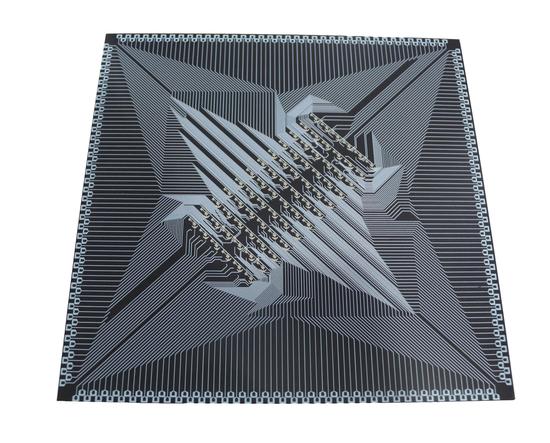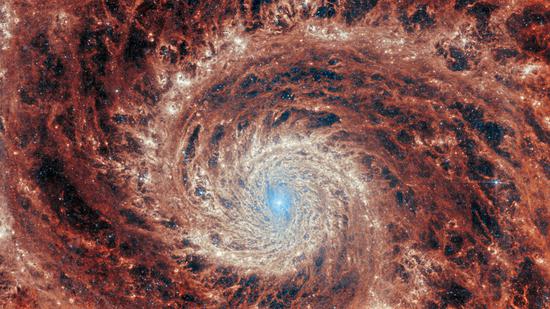
A Long March-2C carrier rocket carrying the Einstein Probe, an astronomical satellite, blasts off from the Xichang Satellite Launch Center in southwest China's Sichuan Province on Jan. 9, 2024. (Photo provided to China News Service)
(ECNS) -- China sent the Einstein Probe, an astronomical satellite, into space from the Xichang Satellite Launch Center in southwest China's Sichuan Province on Tuesday.
The Einstein Probe, a new-generation X-ray observatory satellite, was launched to monitor flashes in the night sky, such as neutron star collisions and black holes devouring their companion stars.
Weighing about 1.45 metric tons, the satellite is shaped like a lotus in full bloom and features 12 petals and two stamens.
With a designed life span of five years, it carries two different instruments, a wide-field X-ray telescope and a follow-up X-ray telescope.
Inspired by the functioning of a lobster eye, the Einstein Probe is able to monitor the faint transient and variable celestial objects at the far reaches of the universe with a large field of view and high sensitivity and send warnings to guide other astronomical equipment on the ground to conduct follow-up observations.
The launch was the 506th mission for the Long March series carrier rockets.


















































 京公网安备 11010202009201号
京公网安备 11010202009201号